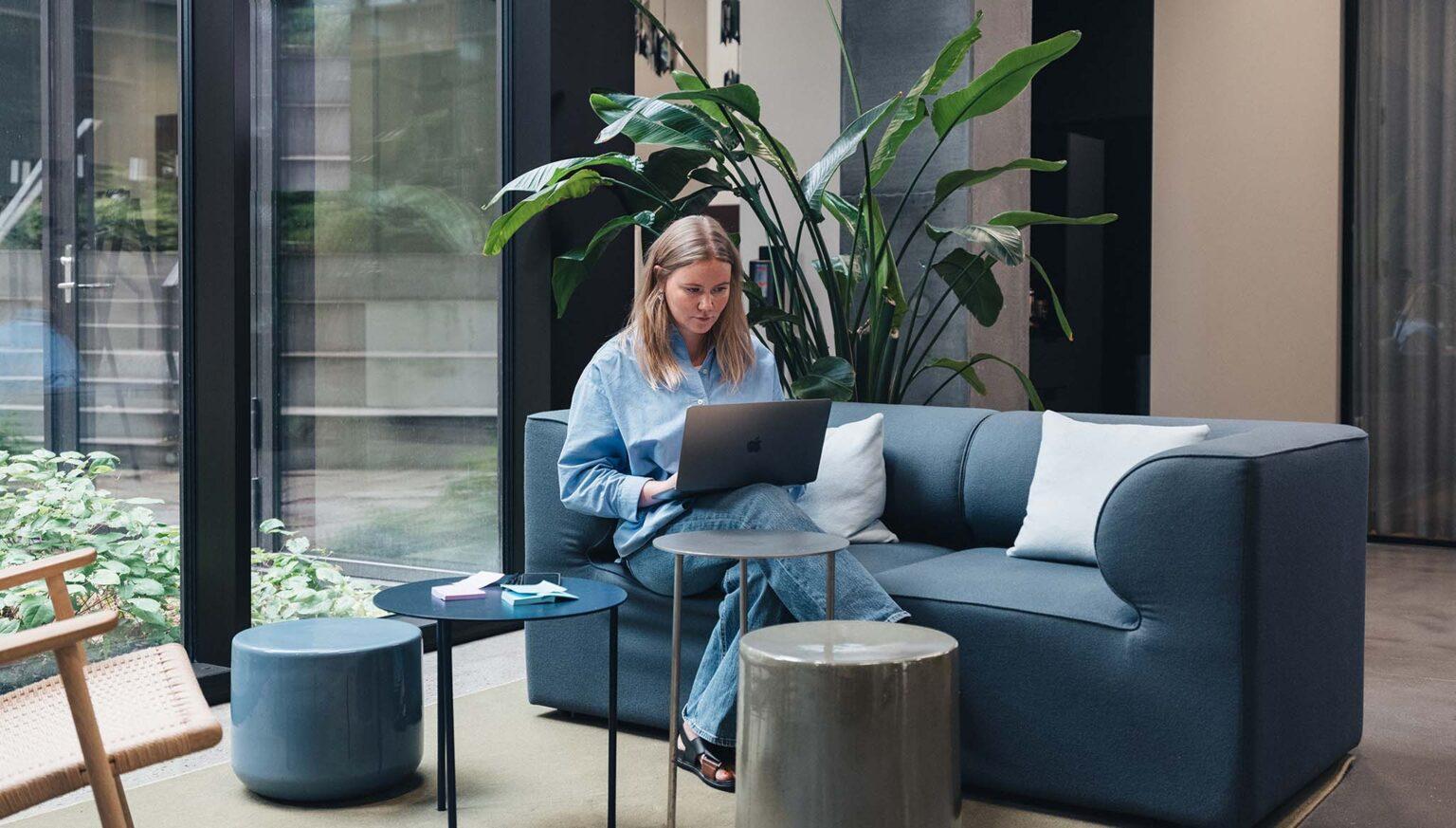I have earlier written a blog post about digital receipts. It’s a topic that I’m still interested in, and that interest will most certainly continue. Because, as I wrote at that point in time, the idea about a 100 % digital exchange of receipts between merchants (in physical retail) and their customers – in B2C as well as B2B – makes good sense.
In this blog post, I’ll dive a little bit deeper into the B2B part, because there’s a few obvious gaps that needs to be taken care of, before the digital receipts makes sense within this space.
Designed for private customers
When I look at the currently available solutions in the market, it’s clear that they initially have been designed for private consumers.
Going through the list of retailers, that support the delivery of digital receipts, it’s obvious that there’s a discrepancy towards the typical behavior of those who can be described as “professional consumers”.
It could for example be the classic business traveler. When we examine the expense volume (measured in number of transactions) for this type of employees, it become clear that the major categories are transport (taxis, rideshares and flights), food / meals and accommodation.
It would be of great advantage, if these employees could get a digital receipt whenever they use their company expense card – no doubt about that. But as mentioned, the solutions miss a dimension that takes the B2B users into account, before it really makes sense.
Digital expense management tools for B2B users
Many B2B users are already working with a digital tool for expense management.
Most of these tools are already so fast and intuitive to use, that a setup where only a limited amount of the receipt’s lands 100 % digitally with the user, probably would end up making the process inconvenient. It would result in a process, where the user sometimes should take one action and sometimes another, in order to carry out the same task.
In most cases, it isn’t desirable if a defined process has multiple routes for solving specific sub-tasks.
If we have a look at, how the digital receipt flow works in the solution provided by the largest supplier of company credit cards in Scandinavia, there’s a 24-hour lead time before the digital receipt is delivered to the users travel expense system. This creates a broken workflow, and the user must wait before coding the actual expense with a justification and one or more categorizations. That’s ineffective.
By the way, many suppliers within the expense categories I referred to, can, for example through mobile-apps, deliver a PDF-receipt, which easily can be shared directly to a travel expense app.
A fine meshed global network
Another factor, with a significant implication, is the B2B users geographical purchase behavior. As opposed to private consumers, a quite large share of the professional users has a much wider geographical spread in their spending. Obviously, this has to do with business traveling across borders.
In our user data, we see that overall, there’s a 70/30 split between domestic and non-domestic transactions. In other words, if solutions, that works across borders, isn’t developed, we’ll still see a quite large chunk of transactions, where receipts cannot be delivered 100 % digitally.
A global network is preferred. Maybe this is wishful thinking, unless large players like VISA and MasterCard steps into this area.
Understand the professional users’ buying behavior
Seen form my chair, the players, that are currently developing and selling digital receipt solutions, haven’t acquainted themselves properly with the professional users’ buying behavior. It’s very different from the behavior of private consumers.
So again, the idea of digital receipts is brilliant, but some key components, and most importantly, a basic understanding of the professional users’ needs are missing, before the technology really will create value for businesses and their employees.

